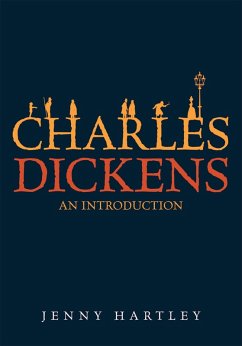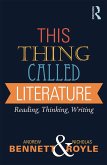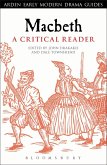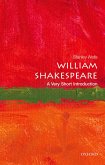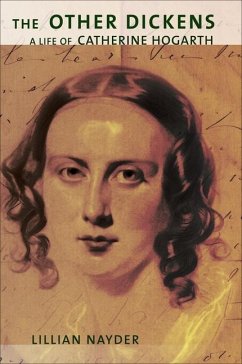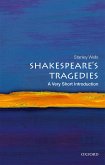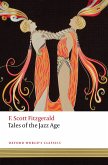Charles Dickens is credited with creating some of the world's best-known fictional characters, and is widely regarded as the greatest novelist of the Victorian age. Even before reading the works of Dickens many people have met him already in some form or another. His characters have such vitality that they have leapt from his pages to enjoy flourishing lives of their own: The Artful Dodger, Miss Havisham, Scrooge, Fagin, Mr Micawber, and many many more. His portrait has been in our pockets, on our ten-pound notes; he is a national icon, indeed himself a generator of what Englishness signifies. In this book Jenny Hartley explores the key themes running through Dickens's corpus of works, and considers how they reflect his attitudes towards the harsh realities of nineteenth century society and its institutions, such as the workhouses and prisons. Running alonside this is Dickens's relish of the carnivalesque; if there is a prison in almost every novel, there is also a theatre. She considers Dickens's multiple lives and careers: as magazine editor for two thirds of his working life, as travel writer and journalist, and his work on behalf of social causes including ragged schools and fallen women. She also shows how his public readings enthralled the readers he wanted to reach but also helped to kill him. Finally, Hartley considers what we mean when we use the term 'Dickensian' today, and how Dickens's enduring legacy marks him out as as a novelist different in kind from others.
Dieser Download kann aus rechtlichen Gründen nur mit Rechnungsadresse in A, B, BG, CY, CZ, D, DK, EW, E, FIN, F, GR, HR, H, IRL, I, LT, L, LR, M, NL, PL, P, R, S, SLO, SK ausgeliefert werden.

